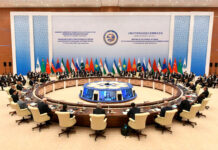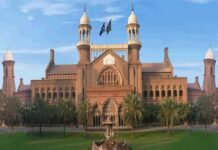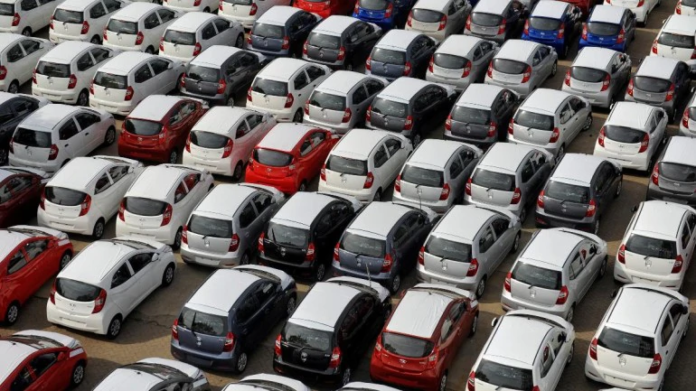ISLAMABAD: As new measures to facilitate the auto sector even before the forthcoming auto policy, the government has introduced multiple incentives to reduce prices of locally manufactured/assembled cars.
Keeping the fresh measures taken in the budget 2021-22, the Ministry of Industries and Production claims that the production of vehicles would be more than 0.3 million in the current fiscal year. The number of manufacturing units may go up by 500,000 by 2025.
Addressing a press conference here on Wednesday, Federal Minister of Industries and Production Khusro Bakhtyar said that the government has introduced measures to increase the production of vehicles and it has also given strong incentives for promoting localization.
The minister announced that the incumbent government will make small cars financially affordable for the middle class, and he highlighted the steps introduced in the financial budget 2021-22.
For vehicles up to 1000cc, the government has removed Federal Excise Duty (FED), and Additional Customs Duty (ACD) on locally manufactured cars, the Sales Tax has also been reduced and the duties and taxes on import of small car (CBUs) has been reduced to bridge the demand supply gap.
He spoke about rapid localization, and said that the government will update the localized manufacturing of auto parts every six months.
Regarding the “On Money” of the premium issue, the minister said that the government has introduced several measures to curb this illegal market practice.
This includes a new tax of Rs50,000 to Rs200,000 on first registration which was not in the name of the person who booked the vehicle.
A compulsory payment of KIBOR+3 percent mark up by manufacturers on delivery beyond 60 days, the maximum upfront payment on booking not to exceed 20 percent of the invoice value at the time of booking and implementation of a real time trackable online booking and manufacturing status.
The minister announced measures to promote export that will be part of the upcoming auto policy which includes that the exports targets for the manufacturers will be up to 10 percent of the import value by the end of five years of this proposed policy.
He also informed about the incentives for Electric Vehicles and hybrid vehicles, adding that higher number of EVs in the local market would encourage auto companies to invest in related infrastructure in Pakistan to facilitate EVs.
Mr Bakhtiar said that the automotive sector is one of the major industrial sectors of the country, and it has the potential to drive the entire economy of the country as its share in LSM is 7.81 percent.
The minister said that the government has introduced measures to increase the production of vehicles to approximately 300,000 in the current fiscal year and up to 500,000 by 2025.
The minister said that under the impact of these measures the prices of cars are expected to be reduced significantly.
For cars below 850 cc the decrease will be between Rs104,458 and Rs142,388 per car, and prices will be reduced by Rs112,118 and Rs186,375 for cars from 1001-1500 cc.
The expected decrease of more than Rs169,958 for 1800 cc category and for vehicles of 2000 cc and above the decrease in prices is expected to be around Rs 229,458.
Regarding localization the minister said that the condition of 30 percent value addition has been introduced on imported raw materials and components to be used for manufacturing of vehicles in the country
Meanwhile, commenting on the newly announced auto policy, PAMA Chairman, Ali Asghar Jamali said, “I would like to strongly appreciate the present government for a very progressive Auto and Hybrid Electric Vehicle policy. The announced policy interventions are aimed at translating the vision of Prime Minister Imran Khan which is all about growing the local industry and creating more jobs for our local youth. The policy also addresses the Prime Minister’s vision for promoting environmentally friendly technologies by promoting HEV. Industry is excited to see the announced policy and many players would be unveiling their investment plans to introduce the locally produced HEV in Pakistan. I am confident that all stakeholders including Customers, Industry, Part Makers and Government shall reap the benefits of the new policy equitably.”

























Looking at the poor / limited infrastructure situation in most of the major urban centers in the country, increasing production to 500,000 units/year would result in un-ending pain for the commuters in terms of time and long traffic jams on the roads. The govt should focus on promoting EV/ hybrid vehicles by replacing the exiting vehicles, public trasnport and also export instead of local consumption .